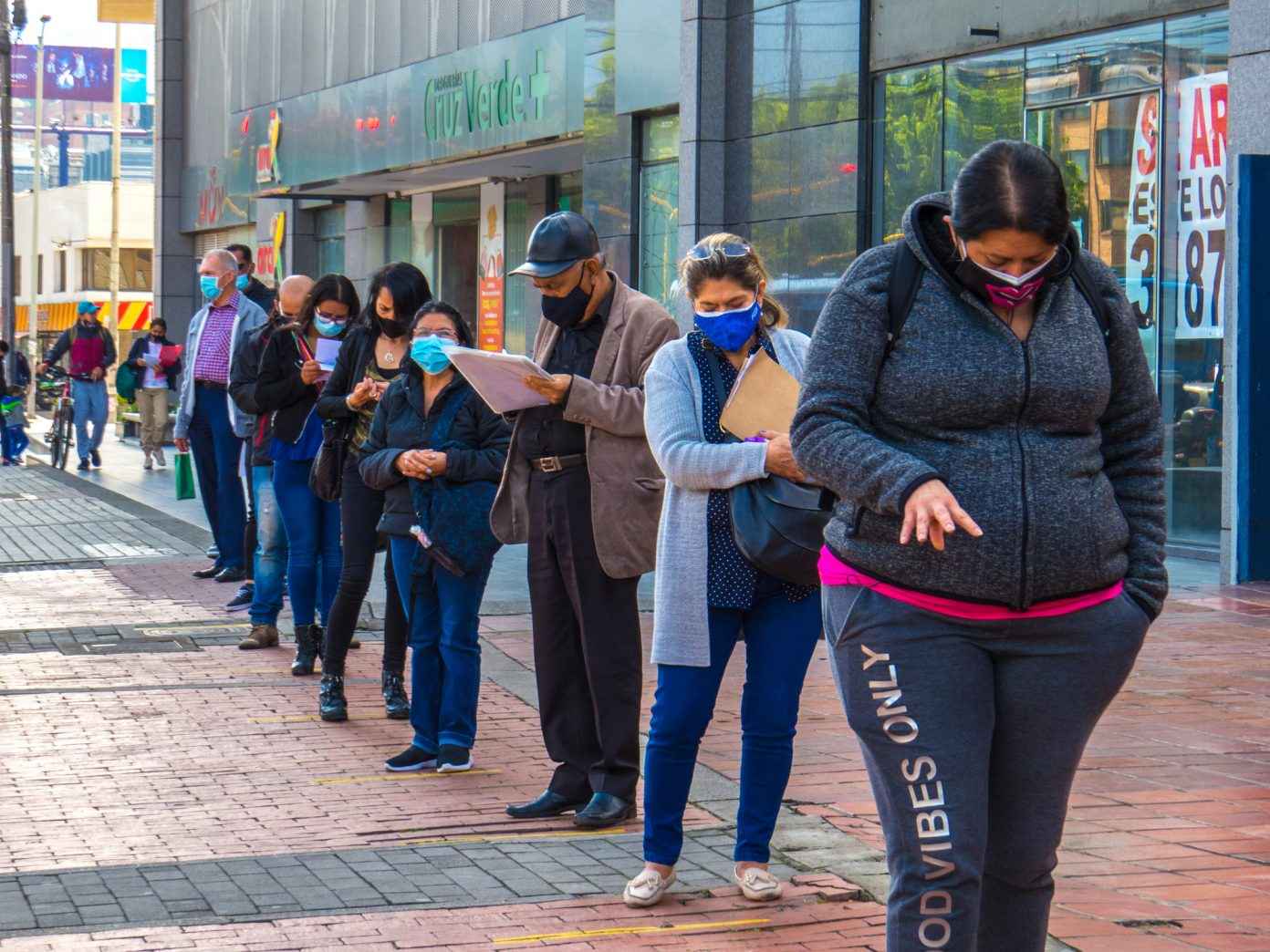COVID-19 Orders Respect Civil Liberties and Do Not Intrude on Personal Freedoms
May 18, 2021
Overview
The exercise of public health powers must be balanced with the actual or potential impact on individual civil liberties and other health and economic harms that may occur. Civil liberties are not hastily thrown aside when public health crises emerge; rather, they are balanced against the good of all of society and the right of all citizens to be healthy. Although public health emergency interventions necessarily entail some restrictions on individual autonomy for a limited duration, civil liberties must not be unnecessarily curtailed.

Throughout the COVID-19 pandemic, individual citizens and business owners have challenged emergency orders as infringing on fundamental rights, including First Amendment rights of free association and assembly, free speech, and freedom of religion. Litigants have also raised Fourteenth Amendment challenges based on undue restrictions to personal freedoms. In decrying these orders, opponents assert that they excessively intrude into personal freedoms and autonomy, with some even labeling them tyrannical. These assertions mistakenly depict the nature of libertarian philosophy, as well as the purpose and effect of the orders when there is a direct threat to others from communicable diseases.
The libertarian perspective is based on a combination of personal responsibility and self- reliance. From this perspective, individual choice and the exercise of personal responsibility, even with mistakes, are preferable to governmental paternalism. To libertarians, excessive and burdensome public health regulations represent a paternalistic, intrusive nanny state. Yet not every potential limitation on individual autonomy rises to the level of an intrusion that compromises individual freedom. As John Stuart Mill, who formulated the “harm principle,” as explained in the following passage from On Liberty,
[T]he only purpose for which power can be rightfully exercised over any member of a civilized community, against his will, is to prevent harm to others. His own good, either physical or moral, is not sufficient warrant. . . . The only part of the conduct of any one, for which he is amenable to society, is that which concerns others.
Even recent critics of expansive public health regulation understand that intervention to address infectious diseases is consistent with Mill’s principles. For this reason, courts have upheld commonsense and effective regulations requiring the use of seatbelts, motorcycle helmets, metal detectors at airports, limits on smoking tobacco in public places, and DUI laws.
Requiring mask-wearing and maintaining social distancing are no more intrusive than those restrictions citizens already experience. Just as significant, these orders are designed to protect others from harm, especially people at higher risk of exposure, including first responders, health care workers, elderly persons, essential workers, those with underlying health conditions, and those exposed to adverse living conditions. As such, the orders are not paternalistic but are instead protective of the entire population.
During a pandemic, personal responsibility must include an obligation to avoid exposing others to the risk of serious harm. Better health helps people make better choices and enjoy freedom; being free from disabling conditions is as important to liberty as free choice.
This post was written by Peter D. Jacobson, Co-Director, Network for Public Health Law—Mid-States Region Office.
The Network for Public Health Law provides information and technical assistance on issues related to public health. The legal information and assistance provided in this document do not constitute legal advice or legal representation. For legal advice, readers should consult a lawyer in their state.
Support for the Network is provided by the Robert Wood Johnson Foundation (RWJF). The views expressed in this post do not represent the views of (and should not be attributed to) RWJF.
